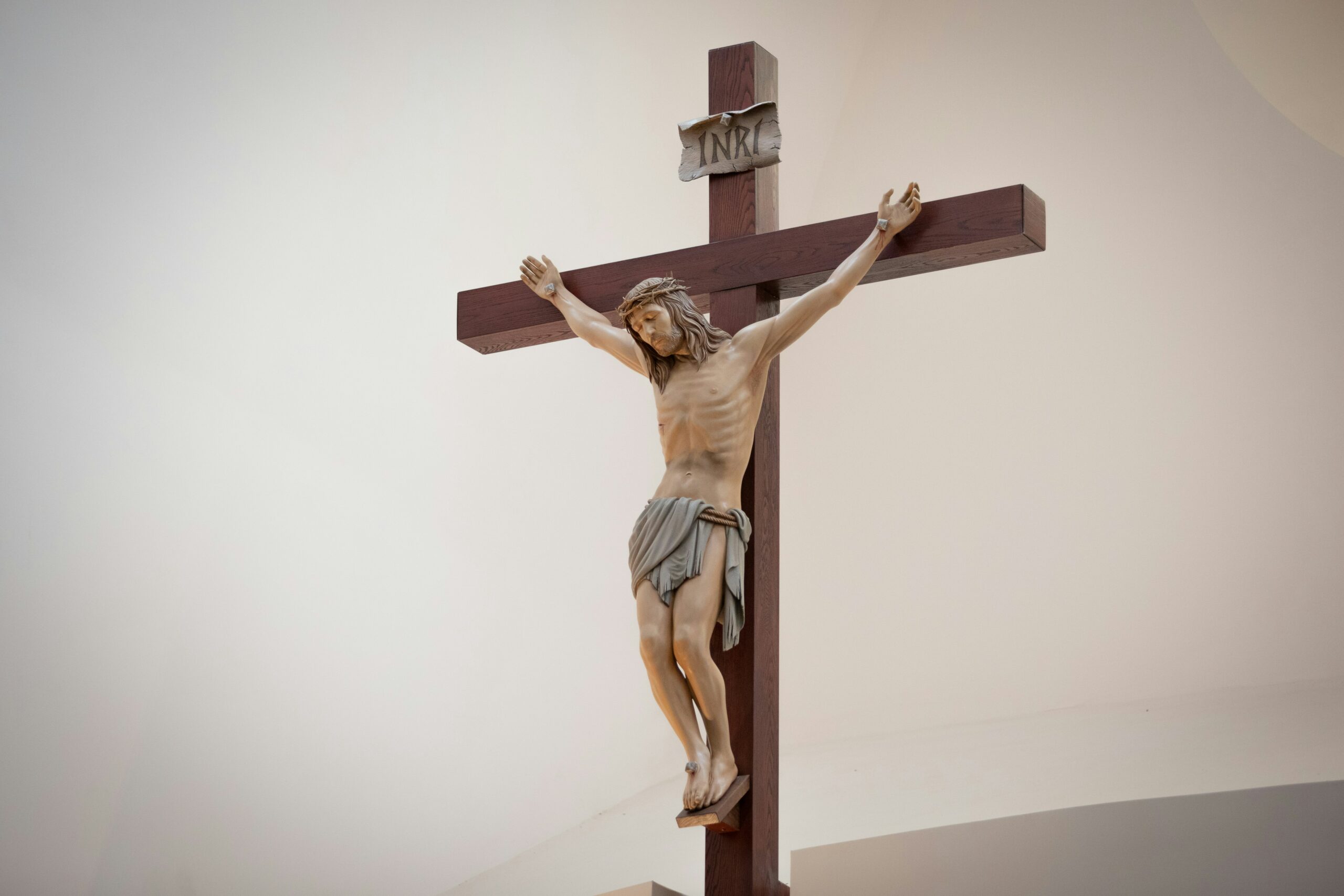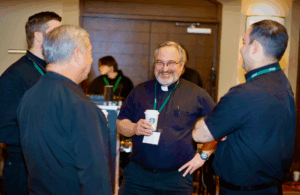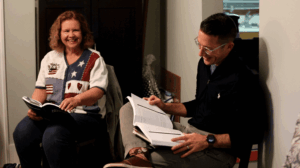What does it mean to be holy? “Becoming like Jesus” is a great description of holiness, but would you believe there’s even more on offer than that?
The early Church Fathers summed up the Good News in one incredibly rich, mysterious, and densely packed phrase: “For the Son of God became man so that we might become God” (St. Athanasius, quoted in CCC 460).
“Becoming God” is not the heretical claim it might sound like, though it is a phrase meant to shock us into deeper thinking about “heaven” and “holiness.” The Fathers called it “deification” or “theosis.” Just as a caterpillar is created to undergo a glorious transformation into a butterfly, so humans (even before the Fall) were created for a far more glorious, transformative journey into God’s own life.
Read more about “theosis” and “deification.”
Sin stunted and distorted this journey, of course, and both forgiveness and freedom from sin are now required. But God did not come to earth only as a reaction to human sin. “In the fullness of time” (Galatians 4:4) he came to inaugurate that transformative union with the Creator for which all of Creation longs, that the art and the Artist might become one. For each of us, this transformative union begins at Baptism and reaches completion when we behold his glory in Heaven.
Such mysteries are surely beyond our full comprehension, but in The Grand Miracle, C.S. Lewis captures a few of the implications for us:
We are to be remade. . . . [W]e shall find underneath it all a thing we have never yet imagined: a real man, an ageless god, a son of God, strong, radiant, wise, beautiful, and drenched in joy.
I was sixteen the first time I consciously encountered Jesus in a life-changing way. It was on a high-school youth retreat, and there was a Eucharistic procession. As the priest approached holding the Eucharist, I was suddenly overcome by tears. I wasn’t sad or joyful or overwhelmed, I was just crying. I wept freely. Then, after several minutes, a palpable sense of peace came over me such as I had never experienced before, and have experienced only occasionally since. I knew it was God. He was just loving me, being intimately present to me.
approached holding the Eucharist, I was suddenly overcome by tears. I wasn’t sad or joyful or overwhelmed, I was just crying. I wept freely. Then, after several minutes, a palpable sense of peace came over me such as I had never experienced before, and have experienced only occasionally since. I knew it was God. He was just loving me, being intimately present to me.
When I got home from this retreat, I quit the football team immediately. Not that there’s anything wrong with football, but I knew I was playing for the wrong reason: it was what the cool kids did. That fall, in the time I would have otherwise spent on the football field, I started practicing piano and guitar voraciously. Music eventually became a passion and charism through which I would have the privilege of leading many people to deeper encounters with Christ.
By encountering Jesus, I was “deified” (or “sanctified”) just a bit more; I became a little more like him, and because of this, I discovered a little more of my true self. A layer of my false self fell off and withered, revealing something better underneath. Something more “strong, radiant, wise, beautiful, and drenched in joy.”
The “false self” is prevalent in all of our lives. We’ve been hiding behind cleverly crafted fig leaves ever since Eden, afraid of the vulnerability required to trust God’s love and God’s plan for us.
As God’s “likeness” grows in us over time by grace, we don’t become mere copies of one another, but even more resplendent in our diversity. Just as the seemingly infinite array of colors all derive from red, blue, and yellow, so each of God’s created persons derives their stunning beauty and uniqueness by union with the Father, Son, and Holy Spirit.
What’s one way you have become a little more like Jesus, and therefore, your true self? Pause today and give God thanks for this great gift!
André Lesperance is a Content Creator and Ministry Consultant at the Evangelical Catholic. The Evangelical Catholic’s mission is to equip Catholics to live out the Great Commission. Learn more.




